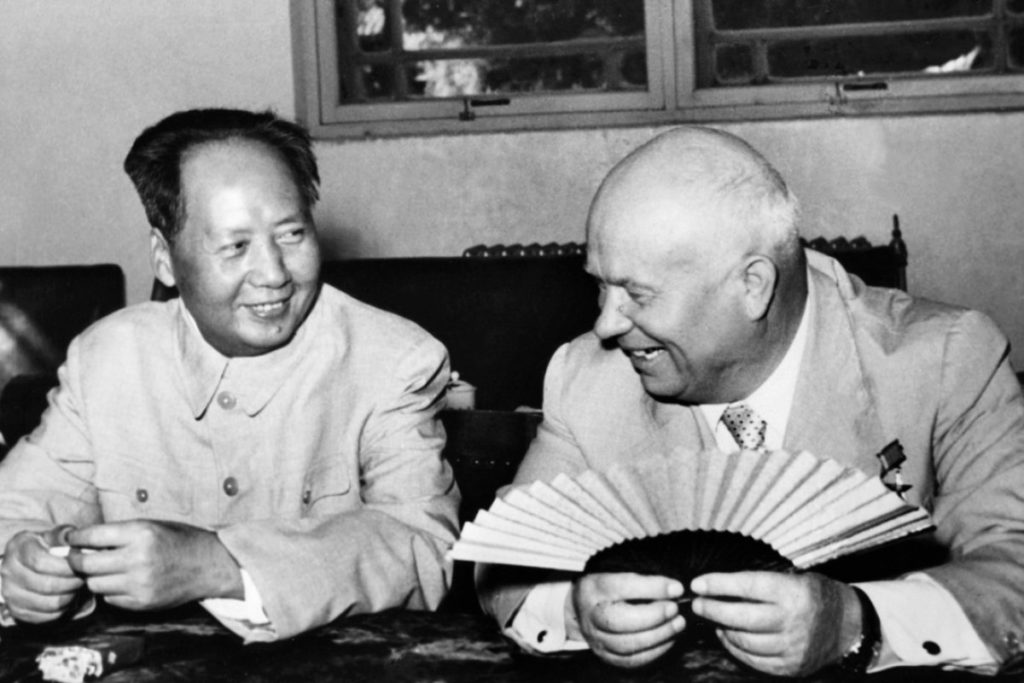Teach-in by Jensen Suther of the Platypus Affiliated Society on Hegel's concept of life, held in Athens, 1 June 2019.
Teach-in on Engels' "Origin of the Family, Private Property and the State", hosted by Lucy Parker in Athens on 1 June 2019.
On this episode, we tackle cancel culture and the legacy of the Bolivarian Revolution in Venezuela. Rose Freeman, London member of Platypus, joins us to discuss the feud between beauty influencers, James Charles and Tati Westbrook, and what it might tells us about the exhaustion of cancel culture. In the second segment, Marco Torres, Chicago Platypus member, and Pamela Nogales interview Alejandro Velasco, the author of Barrio Rising: Urban Popular Politics and the Making of Modern Venezuela, and contributor to the New York Times, In These Times and Jacobin Radio, on the passing of Chavismo and the future of Venezuela. Finally, Pam Nogales sits down with the journalist and sociologist Marc Saint-Upéry, to make sense of the left's response to Venezuela and the Maduro regime.
- Rose Freeman, "The Black Panther Party, Malcolm X, and the question of revolutionary politics today: An interview with Kathleen Cleaver" (PR 113, February 2019)
platypus1917.org/2019/02/03/the-b…athleen-cleaver/
- Marco Torres, "The dead Left: Chavez and the Bolivarian Revolution" (PR 25, July 2010)
platypus1917.org/2010/07/09/the-d…rian-revolution/
- Alejandro Velasco, "A Call for Clear Heads on Venezuela: How To Criticize Maduro While Opposing U.S. Regime Change" (In These Times, March 2019)
inthesetimes.com/article/21789/ve…-chavismo-guaido
- Marc Saint-Upéry, "La izquierda y los espejismos de la crisis venezolana" (2019)
periodicoellibertario.blogspot.com/2019/03…la.html
- James Charles response to Tati Westbrook
www.youtube.com/watch?v=uFvtCUzfyL4&t=1896s
Hosted by Pamela Nogales & Rose

Meets Wednesdays, 3:00 p.m
HSS Building Room 103A
1115 Volunteer Blvd.
Open to the public / new attendants welcome
• required / + recommended reading
Week 1. June 12, 2019
• Leon Trotsky, The Revolution Betrayed: What is the Soviet Union and Where is it Going? (1936)
+ Trotsky, "Stalinism and Bolshevism" (1937)
+ Trotsky, letter to James P. Cannon of September 12, 1939
+ Trotsky, The USSR in War (1939)
Week 2. June 19, 2019
• Herbert Marcuse, 33 theses (1947)
• Shane Mage, "'Pure democracy' or political revolution in Eastern Europe?" excerpts from The Hungarian Revolution (1957) republished in Spartacist 30 (Autumn 1980) pp. 10-16
• Michael Harrington, "Marxism and democracy" (1981)
Week 3. June 26, 2019
(Recommended resource: Isaac Deutscher internet archive)
• Isaac Deutscher, "Two Revolutions" (1950)
• Deutscher, "Stalin, Mao and Korea" (1950)
• Deutscher, "Khrushchev on Stalin" (1956)
Week 4. July 3, 2019
• Deutscher, "Three trends in Communism" (1959)
• Deutscher, "From Stalin to Adam Smith" (1959)
• Deutscher, "The tragedy of the Polish Communist Party" (1958)
• Deutscher, 3 articles on Eastern Europe (letter to Gomulka, dialogue with Brandler, conversation with Trygve Lie)
Week 5. July 10, 2019
• Deutscher, "Three currents in Communism" (1964)
• Deutscher, "Maoism — its origin and outlook" (1964)
• Deutscher, "Vietnam in perspective" (1965)
• Deutscher, "The meaning of the 'Cultural Revolution'" and interview on the Cultural Revolution (1966)
Week 6. July 19, 2019
• Deutscher, The Unfinished Revolution: Russia 1917-67 (1967)
Week 7. July 24, 2019
• Deutscher, "Marxism in our time" (1965)
• Deutscher, "Marxism and the New Left" (1967)
Panel discussion on the life and legacy of Karl Marx as a revolutionary intellectual, hosted by the Platypus Affiliated Society on March 27, 2019 at the University of Tennessee (Knoxville).
Speakers:
Dr. Harry Dahms, University of Tennessee (Sociology)
Dr. Arnold Farr, University of Kentucky (Philosophy)
Dr. Spencer Leonard, Platypus Affiliated Society
Moderated by AJ Knowles.
Description:
This past year marked the 200th birthday of Karl Marx, than whom, as even his ideological opponent Isaiah Berlin had to admit, “no thinker in the nineteenth century has had so direct, deliberate and powerful an influence upon mankind.” This panel seeks to bring together intellectuals committed to exploring Marx’s legacy in this post-Marxist age, those who, once more, seek somehow to bring that legacy to bear upon the world. Accordingly, we want to raise the question: What is the legacy of Marx’s life as a revolutionary intellectual -- that is, the legacy of the political writings and activities he contributed to the socialist workers’ movement?

